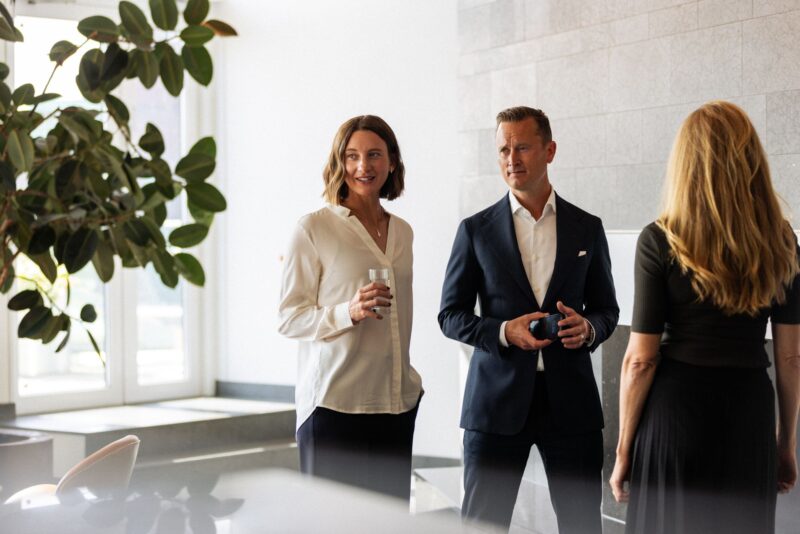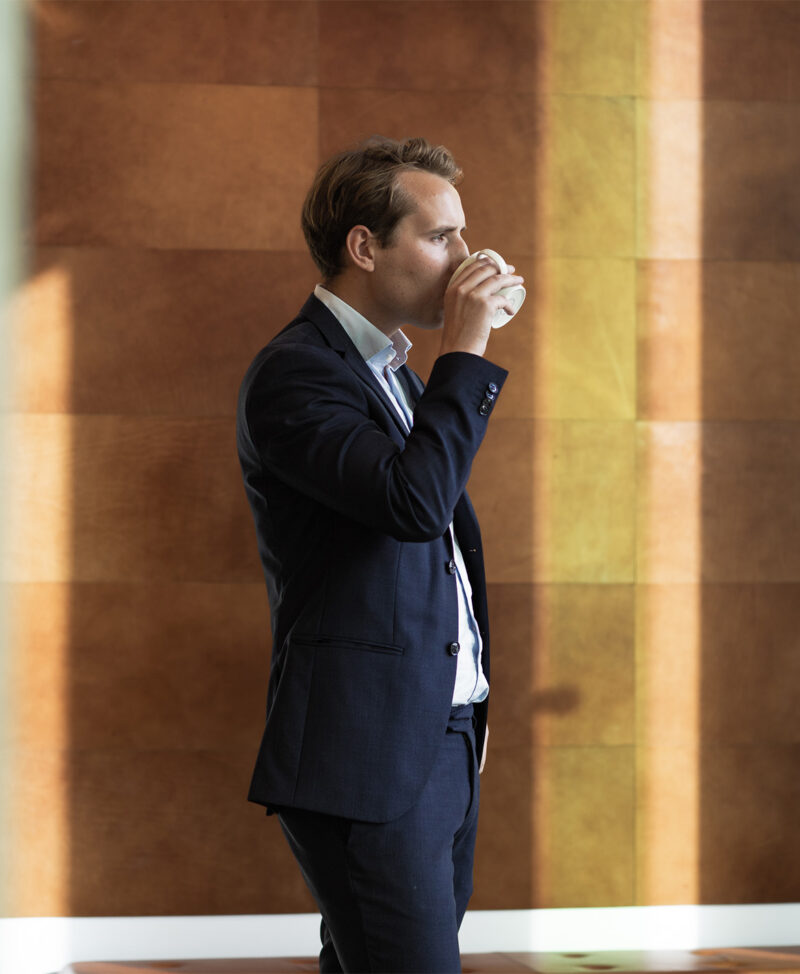Our greatest opportunity to steer the world in a sustainable direction lies in our core expertise – business law. To effect real change, it is essential that we lead by example and take responsibility in the areas we are able to influence.
At Mannheimer Swartling, responsible business and sustainability has been central to our work for many years, underpinned by a framework built on three pillars: sustainability in our legal advice, internal sustainability practices, and community engagement.
In business law, sustainability is not confined to specific legal disciplines; it serves as a guiding principle that shapes every aspect of our work. Our Sustainability and ESG framework ensures that these principles are integrated across all our advisory services. Our holistic approach leverages the firm’s collective expertise to help clients achieve their sustainability goals and proactively address challenges within and beyond the legal sphere. Read more here.









